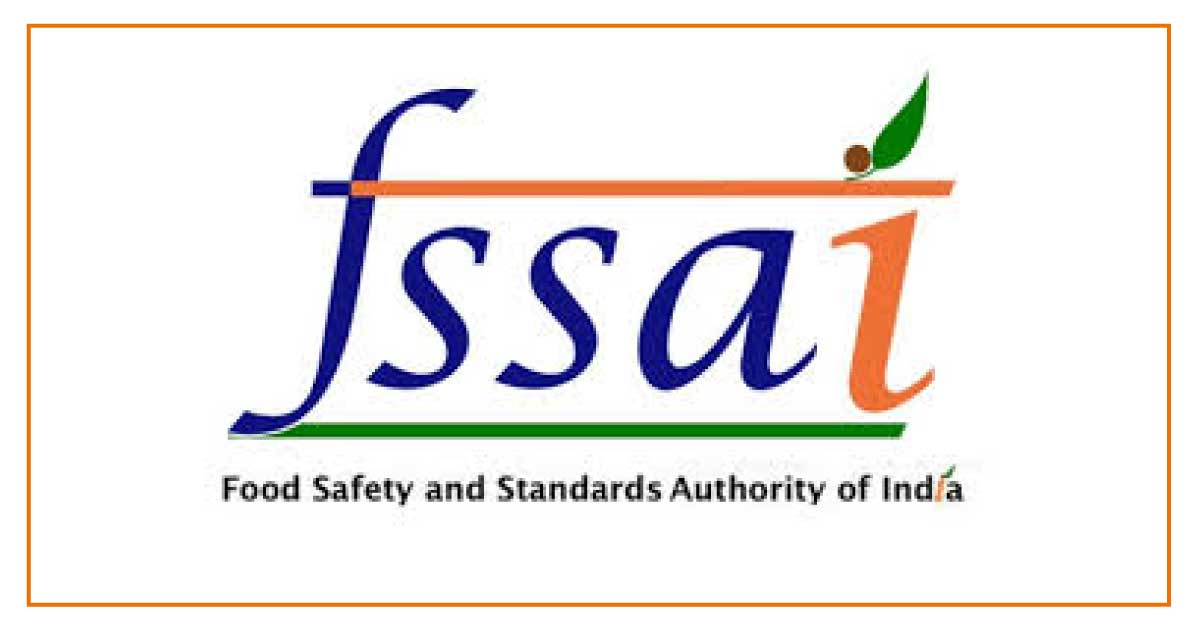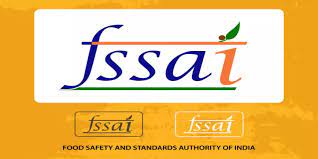
The Food Safety and Standards Authority of India (FSSAI) has introduced a directive requiring licensed food manufacturers, importers, repackers, and relabellers to submit quarterly reports on expired and rejected food products. This initiative aims to prevent the rebranding and resale of such items for human consumption.
Key Reporting Requirements
The directive, effective December 16, 2024, encompasses three primary areas: Internal Quality Failures: Businesses must report quantities of products that fail internal quality checks or inspections.Expired or Returned Products: Firms are required to disclose volumes of products that have expired or been returned from the supply chain. Disposal Records: Detailed records of product disposal methods—such as destruction, auction, or alternative uses—must be maintained, including information about buyers and waste disposal agencies.
Implementation via FOSCOS
These reports are to be submitted through FSSAI’s online compliance platform, the Food Safety Compliance System (FOSCOS). Although the FOSCOS reporting function is currently under development, FSSAI has advised food businesses to begin collecting the necessary data to ensure readiness for submission once the system becomes operational.
Objective and Impact
This measure is designed to ensure real-time monitoring of rejected and expired goods, preventing their misuse for human consumption. By enforcing stringent reporting and disposal protocols, FSSAI aims to enhance food safety standards across the industry. \
Recent Related Developments
In a related move, FSSAI has reclassified packaged drinking water and mineral water as high-risk food categories, enforcing stricter regulations, including annual inspections and mandatory third-party audits, to ensure higher quality standards. These initiatives reflect FSSAI’s commitment to strengthening food safety regulations and ensuring public health protection.
![]()




